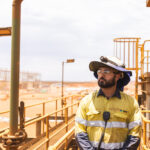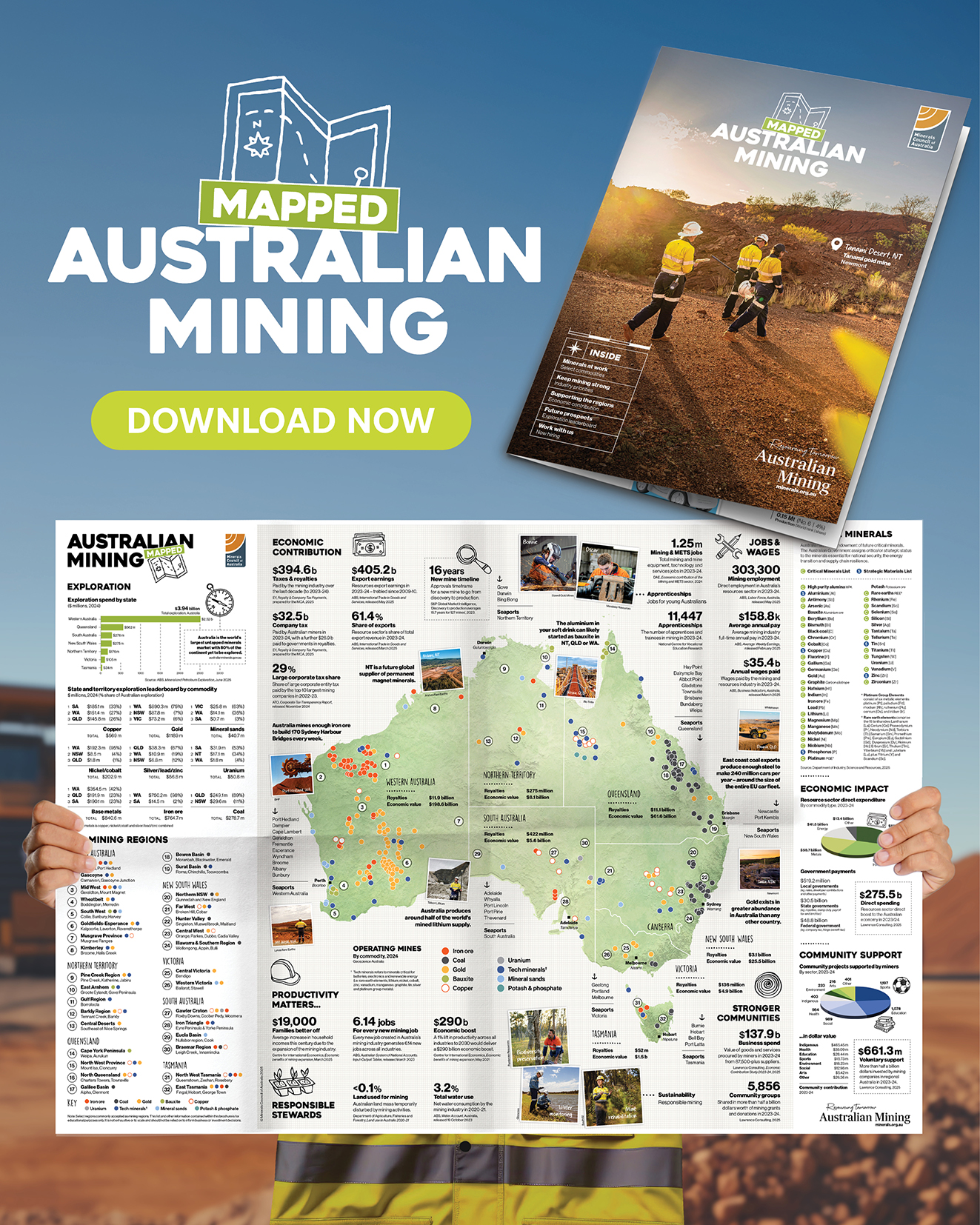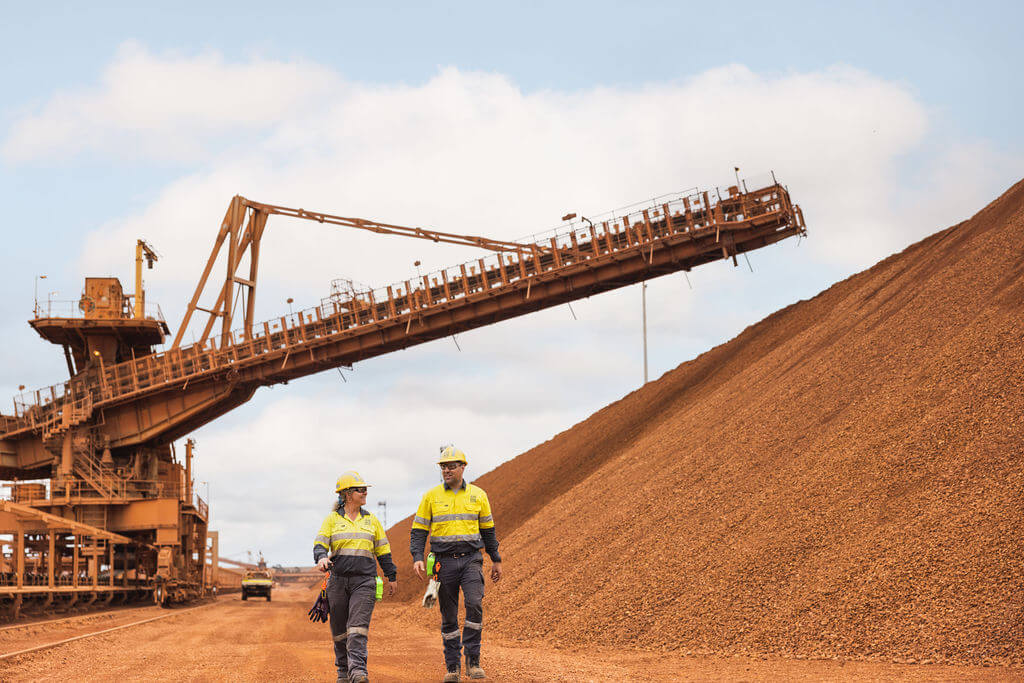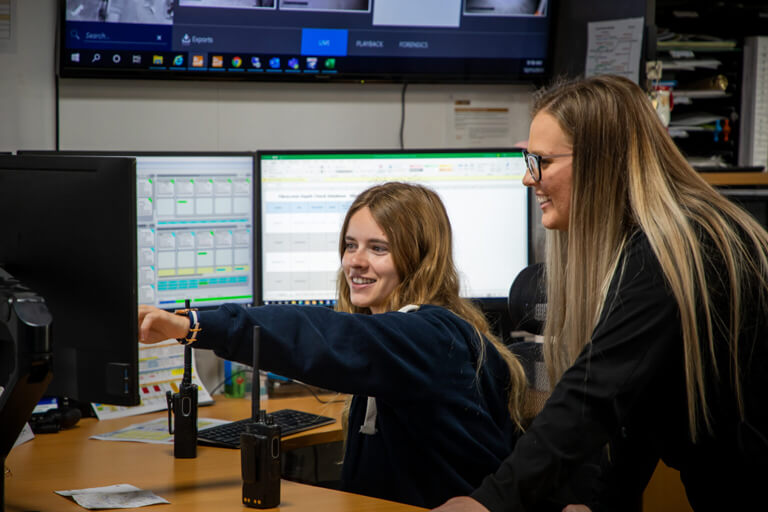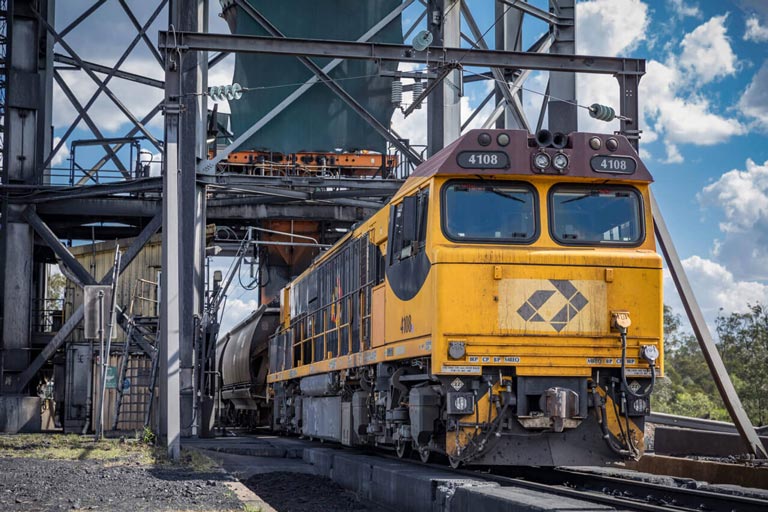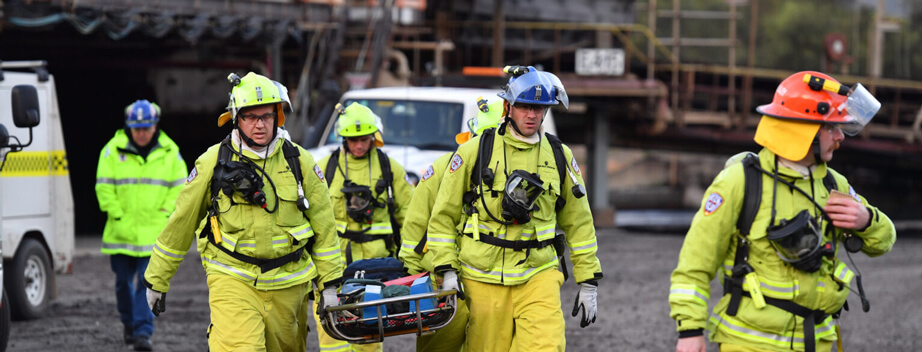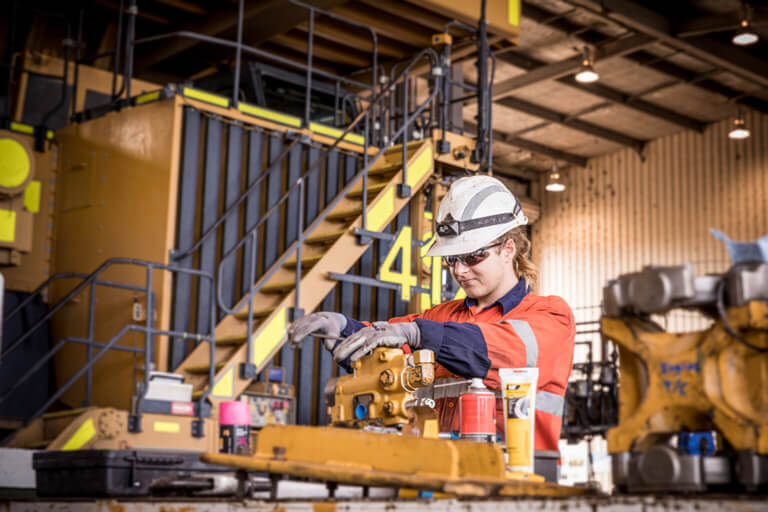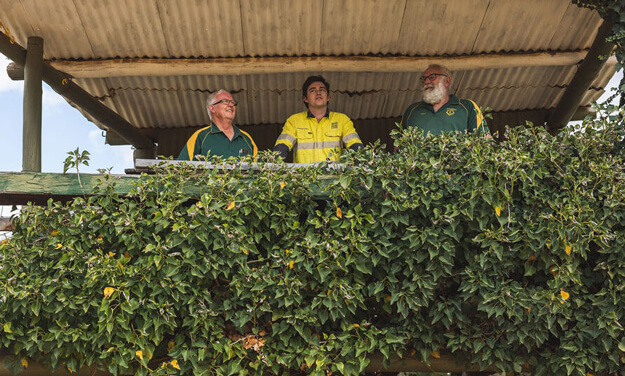Workplace relations
Australia needs a modern and adaptable workplace system that attracts investment, drives sustainable wage growth, supports communities and contributes to national prosperity.
Overview
Mining is the largest contributor to the Australian economy, accounting for almost 10 per cent of GDP in 2023-24. The industry is the largest source of the nation’s export income, with the resources sector accounting for $405 billion (61 per cent) of the nation’s export revenue in 2023-24.
In 2023-24, the mining industry:
- Employed 303,300 highly skilled, highly paid workers across Australia, more than triple the number employed in 2001-02 (81,400).
- Paid the highest average wages – approximately $158,800 a year compared to $102,800 across all sectors.
- Provided highly secure work, with 87 per cent of mining workers are permanently employed and 94 per cent are full-time.
Policy Priorities
Since 2022, a number of highly regressive changes to workplace laws have been introduced by the Albanese government. Whilst the individual impact of these measures will invariably be damaging to individual businesses, the cumulative impact risks undoing a generation of productivity-enhancing workplace arrangements that have underpinned the industry’s success.
The most regressive elements include:
- ‘Same Job, Same Pay’ laws, which apply to an extremely broad range of commercial arrangements, including service contractors.
- Multi-employer bargaining, including the coercive ‘single interest employer’ bargaining stream, under which employers can be roped in to ‘agreements’ against their will.
- More union entry powers and compulsory powers for union delegates – enshrining workplace conflict and imposing unreasonable costs on employers.
- ‘Intractable bargaining’ laws, that force employers into arbitrations which can never lead to ‘less favourable’ outcomes for employees and unions.
The government’s changes will reduce productivity and compromise Australia’s competitiveness in global export markets. The laws are also becoming a decisive material factor in whether new projects proceed or not, and whether billions of dollars in investment capital is invested in Australia or elsewhere.
Related Resources
- Submission to the Fair Work Commission – Variation of modern awards to include delegates’ rights
- Briefing note – Proposed amendments to workplace laws under the National AI plan
- Briefing note – Final report of the statutory review of the 2022 ‘Secure Jobs, Better Pay’ legislation
- Briefing note - Decision in Same Job Same Pay test case - 7 July 2025
- Briefing note - Albanese government second term agenda - May 2025
- Briefing note - MEU attempt to expand into Pilbara Iron Ore
- Submission - Response to Draft Report of the Secure Jobs Better Pay Review - February 2025
- Government review of 2022 legislation – MCA response to interim report
- Member briefing note: ‘same job, same pay’ test case – January 2025
- MCA submissions to Fair Work Commission – ‘Same job, same pay’ test case
- Submission on the review of 2022 workplace relations legislation
- Media Release - MCA Members Whitehaven, Peabody, and Glencore to appeal Fair Work Commission’s Multi-Employer Bargaining Decision
- Member briefing note: FWC decision on multi employer bargaining test case - NSW coal mines
- Unions have been handed the keys for the Pilbara
- MCA briefing note - Compulsory union delegates powers to take effect from 1 July 2024
- Submission to the Fair Work Commission – response to proposed draft term for union delegates rights
- Op ed: Union power grab strikes at heat of economic future 22 April 2024
- Member Briefing note - Union Delegate Powers: Response to MEU submission in reply to Fair Work Commission April 2024
- Submission to the Fair Work Commission – Compulsory union delegates terms in awards
- MCA briefing note - Intervention in multi-employer bargaining test case: NSW coal mines
- MCA briefing - Union delegates powers - response to Mining and Energy Union proposals
- MCA comments - Key amendments to the 'Closing Loophole No.2' Bill
- MCA advice - Proposed amendments to the Fair Work Amendment (Closing Loopholes) Bill - Same Job Same Pay 28 November 2023
- MCA analysis - Impact of Same Job Same Pay legislation on WA mining industry - November 2023
- MCA Enterprise Agreement Tracker - WA Mining Industry - November 2023
- Advice on proposed government amendments to the Fair Work Amendment (Closing Loopholes) Bill - 3 November 2023
- MCA submission on Fair Work Legislation (Closing Loopholes) Bill 2023
- MCA submission to DEWR - Same Job Same Pay - May 2023
- MCA submission to DEWR - 'Employee-like' forms of work - May 2023
- MCA submission to DEWR - Stronger protections for workers against discrimination - May 2023
- MCA submission to Senate Education and Employment Legislation Committee - Fair Work Legislation (Protecting Worker Entitlements) Bill 2023 - April 2023
- Proposed 2023 Workplace Relations legislation – submission to government, April 2023
- Same Job, Same Pay consultation - submission to government, December 2022
- Fair Work Legislation Amendments (Secure Jobs, Better Pay) Bill 2023 – submission to Senate Committee inquiry, November 2022
- CIE Estimating the economic benefits of mining expansion
- Deloitte Report - Economic effects of changes to labour hire laws 2019
